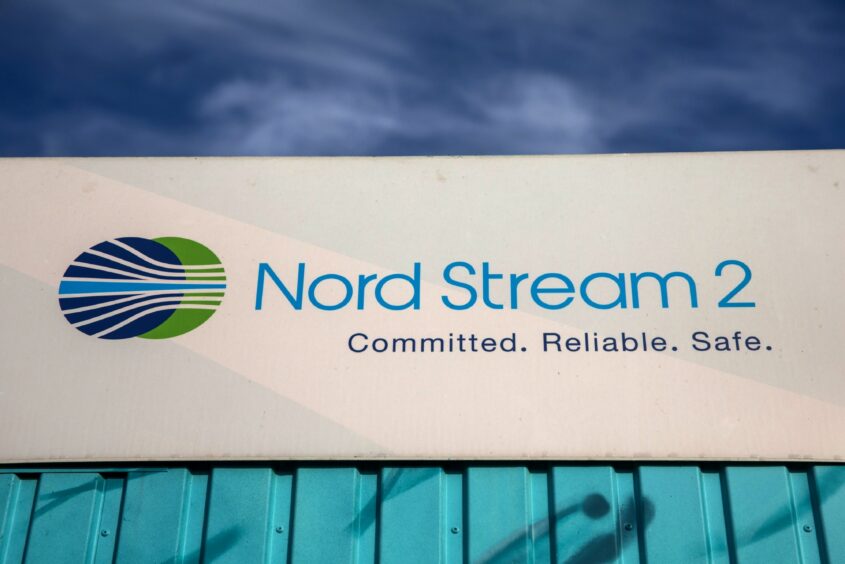
US and German intelligence have implicated Ukraine in the sabotage of the Nord Stream pipelines in September 2022.
Reports in the New York Times and Die Zeit reported results from the investigation today. However, neither newspaper has drawn conclusions over who ordered the attack.
The New York Times quoted US officials as saying they had no evidence that Ukrainian President Volodymyr Zelenskyy or his top officials were involved. US officials found no evidence that Russia was behind the attack.
Ukraine has denied any role in the attack. Kyiv has opposed the construction of the pipelines, which would act as a bypass to deliver Russian gas to Germany.
The US report went on to say the saboteurs were “most likely Ukrainian or Russian nationals”. No US or British nationals were involved in the explosions.
The report went on to say the attack required experienced divers who may have received “specialised government training” at some point.
Noted journalist Seymour Hersh published an article in February accusing a US team of having carried out the attack. The New York Times’ intelligence sources denied this possibility.
Yacht rock
Germany’s Die Zeit said investigators had identified the boat used by the team carrying out the attack. The saboteurs hired a yacht, from a company in Poland.
Die Zeit said it involved a team of six people, including two divers and two dive assistants. The six used forged passports, it reported. Equipment was carried to the yacht by van. The yacht was tracked Rostock to Wieck and then to the Danish island of Christiansø.
The team returned the yacht without having cleaned up, allowing investigators to discover traces of explosives. Die Zeit quoted a Western intelligence service as attributing the incident to a Ukrainian commando team.
The German newspaper went on to allow that the attack could have been a “false flag”, that is, intended to misdirect blame.
Wood Mackenzie’s Ed Crooks noted that, in the long run, Nord Stream was “going to be redundant. Germany was never going to go back to the dependence on Russian gas it had before February 2022. That was clear by the time of the attack.”
He also pointed out the arbitration cases going ahead against Gazprom. “Responsibility for the attack could have a bearing on the arbitration claims. If the US or a pro-Ukrainian group blew up Nord Stream, or even if the attack just remains a mystery, it helps Gazprom’s defence that force majeure prevented it fulfilling its contractual obligations.”
